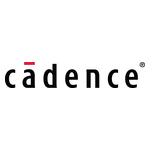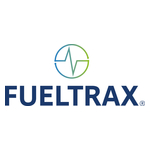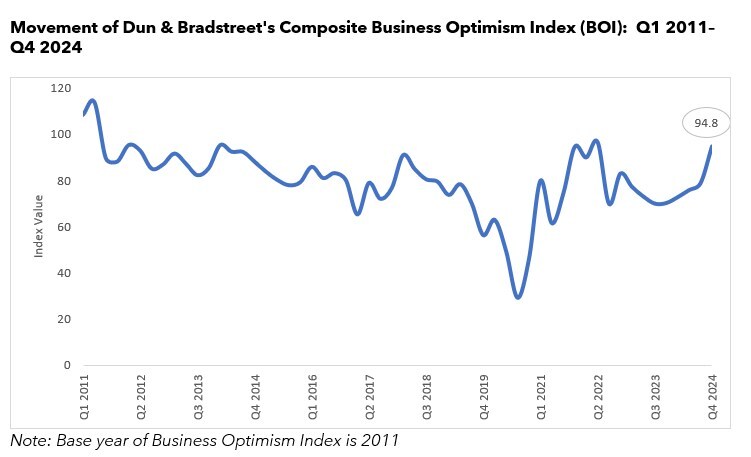Workrise-NewtonX study establishes the state of source-to-pay through the eyes of energy companies and suppliers, highlights opportunities to improve field operations and cut costs by optimizing the S2P lifecycle
Benchmark Study Reveals the Biggest Challenge Energy Companies Don’t Know They Face: A Costly and Very Manual Source-to-Pay Process
For media inquiries, contact press@workrise.com
A new study on the energy source-to-pay (S2P) space has revealed the high costs and hidden inefficiencies of the process that energy companies use to source, procure, manage, and pay vendors for projects, Workrise announced today. The findings show that many industry leaders are unaware just how inefficient — and costly — the traditional source-to-pay process in energy has become.
Workrise, the source-to-pay solution for the energy industry, commissioned NewtonX, the world's leading B2B market research company, to formulate and field the impartial benchmark study. The goal was to hear firsthand from Oil & Gas leaders about the pressures they face, and to surface data about the dynamics that impact the S2P process to understand how the industry works today.
The study yielded candid information from 120 decision-makers at energy companies and their suppliers across the US and Canada, from service companies like Seadrill and Worley to industry behemoths like BP, Enbridge, Chevron, Shell, and TotalEnergies. Participants’ roles range from managers with regional scope to VP and C-Level executives.
“The study confirms what we have seen firsthand from working with energy operators and suppliers,” said Adam Hirschfeld, Senior Vice President. “Many energy companies don’t fully understand the true cost of the S2P process to their organization. Source-to-pay is one of the last actionable opportunities for energy companies and their suppliers to streamline field operations, and meaningfully improve their cost basis.”
Some of the key findings:
Efficiency Issues:
- Only 30% of leaders say their company is “highly efficient” at managing the S2P process across all the teams it touches.
- Just 27% of respondents reported that 80% or more of their projects were delivered on budget, and 94% of leaders reported invoice rejections due to errors.
- On average, US energy companies employ 124 FTEs who spend 80% or more of their time managing suppliers (for large-cap operators the average is 190 FTEs).*
Lack of Access to Quality Data:
- Nearly half of Supply Chain leaders (49%) say they don’t have the data they need to compare and contrast vendors outside of their approved vendor list (AVL).
- Almost 40% of leaders lack the real-time spend data and reporting that is essential to proactive spend and project management.
- Nearly one-third of respondents say they don’t have reliable data on their most critical KPIs.
Mounting Cost Pressures:
- When asked about supply chain-related cost savings, respondents report being asked to find an astonishing 40% to 60% reduction in cost across categories, on average.
- Yet over a third of suppliers (37%) reported operating above capacity, up from 25% this time last year — an almost 50% gain. And 56% of operations leaders from service companies reported full capacity billing.
Source-to-pay is an emerging category — Gartner’s first Magic Quadrant for Source-to-Pay Suites was released earlier this year — and none of the incumbent S2P leaders specialize in the needs of the energy industry.
“The source-to-pay lifecycle touches nearly every department at every energy company in the world. It costs companies millions annually in wages, technology, and tooling, and millions more in opportunity costs that are harder to measure,” said Jacob Gritte, General Manager, Source-to-Pay Solutions at Workrise. “The complex, capital-intensive, and often high-risk nature of work in the energy sector magnifies the critical need for a unified S2P process.”
Most energy operators currently use eight or more different tools to manage the S2P process, which is highly manual and therefore prone to errors. The costs of this process are significant. Energy companies on average have 310 full-time employees (FTEs) working on source-to-pay activities and spend over $8.1M and 150,000 man hours annually simply keeping the process afloat. Dealing with invoices alone, including disputes, costs operators an average of $4.52M annually.*
The benchmark study comes on the heels of the launch of Workrise Vendor Management, an end-to-end solution whose capabilities span the entire S2P journey: Vendor Discovery, Onboarding, Safety & Compliance, Payments & Invoicing, and Data & Insights, with a sixth capability in Managed Vendor Services supporting each step in the purchasing lifecycle.
*Findings from Workrise 2024 Oil & Gas Vendor Management Cost Savings Study
About Workrise
Workrise is the source-to-pay solution built for energy. By combining purpose-built software with expert teams, we empower the world’s leading energy companies and their suppliers to work better, together.
Learn more about how Workrise is equipping everyone in the energy ecosystem to operate with greater speed and efficiency at workrise.com.
View source version on businesswire.com: https://www.businesswire.com/news/home/20241022433524/en/
 Business wire
Business wire 











Add Comment